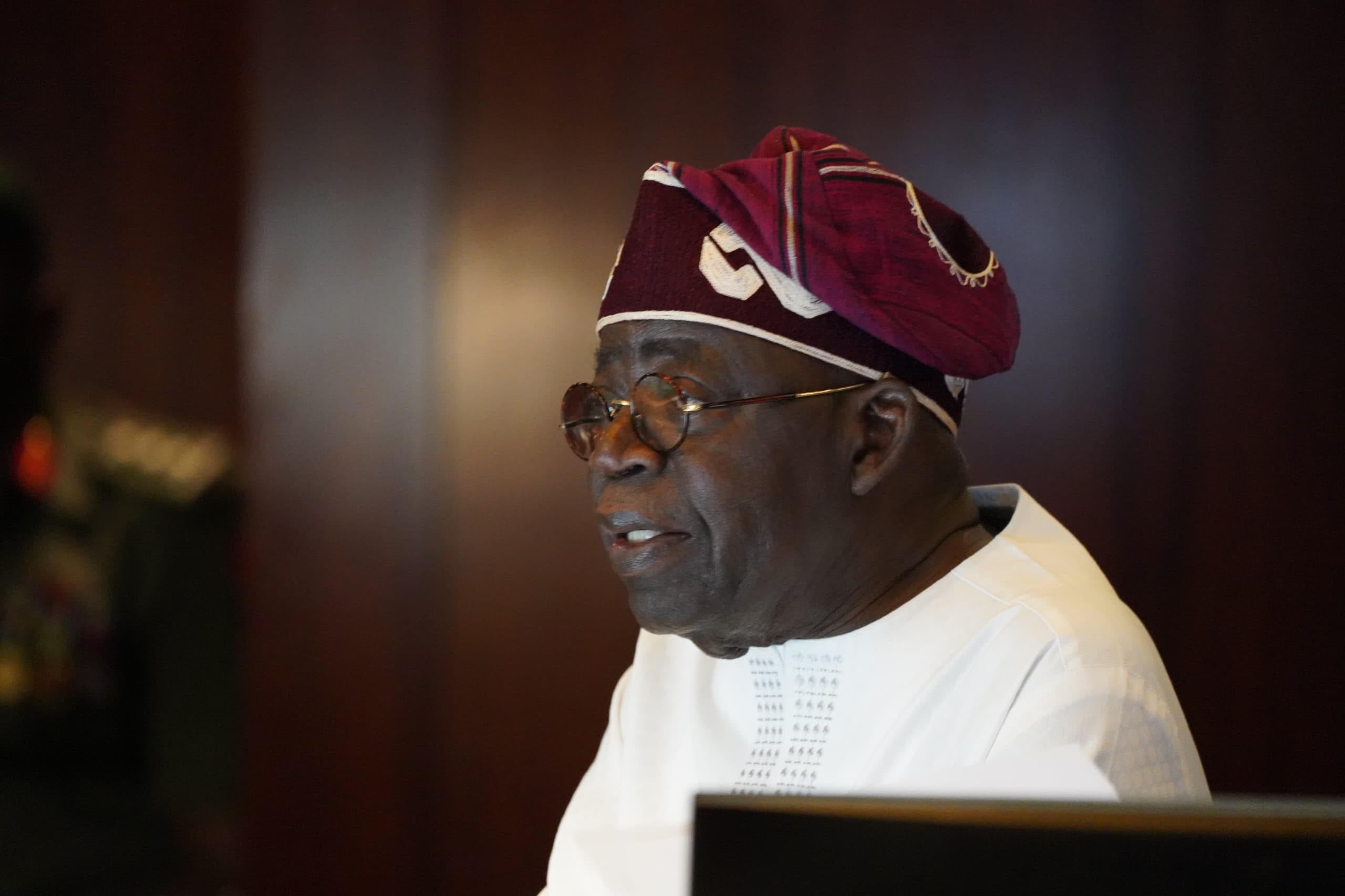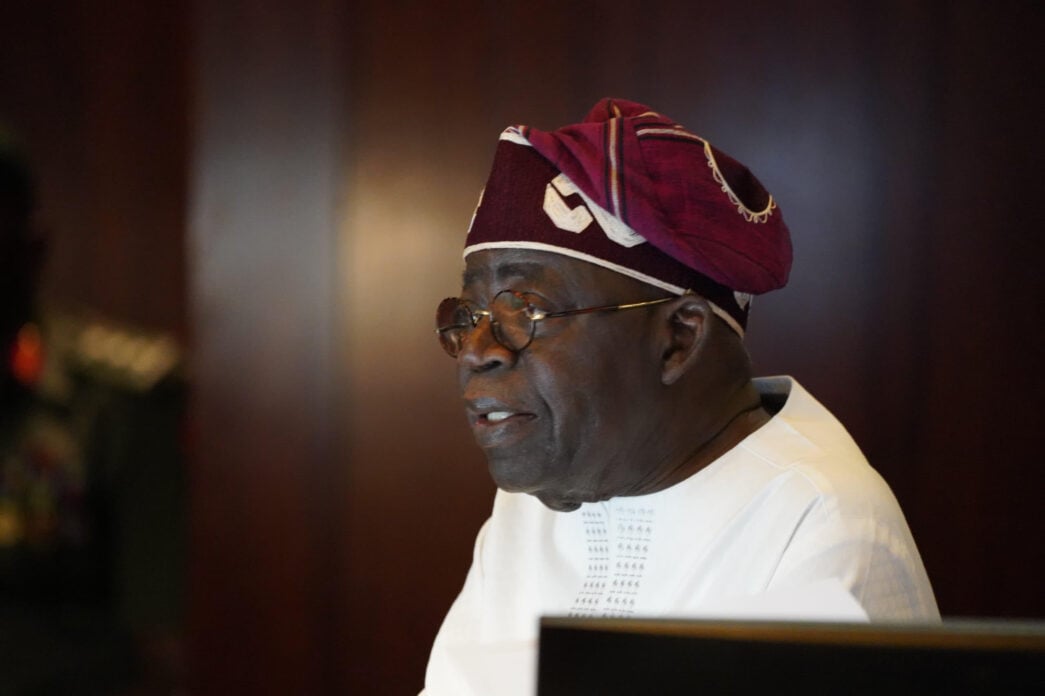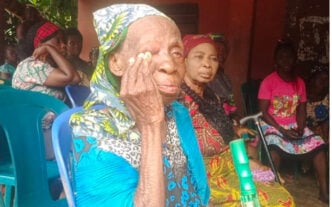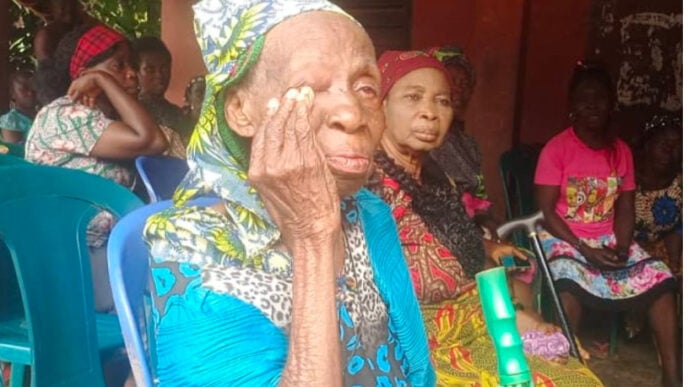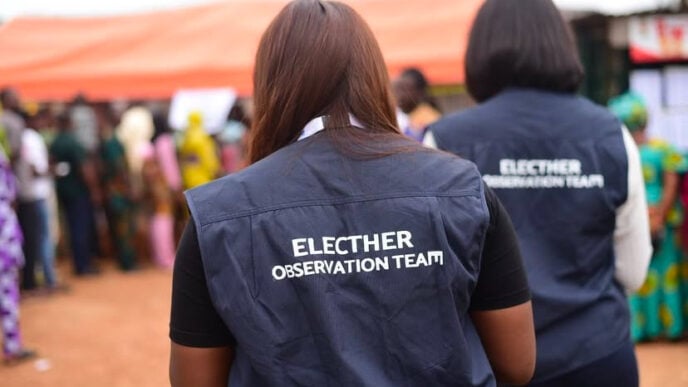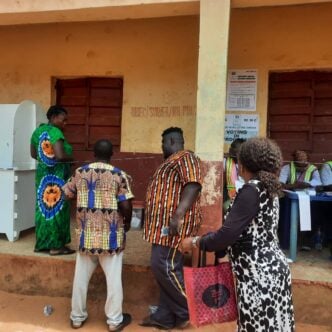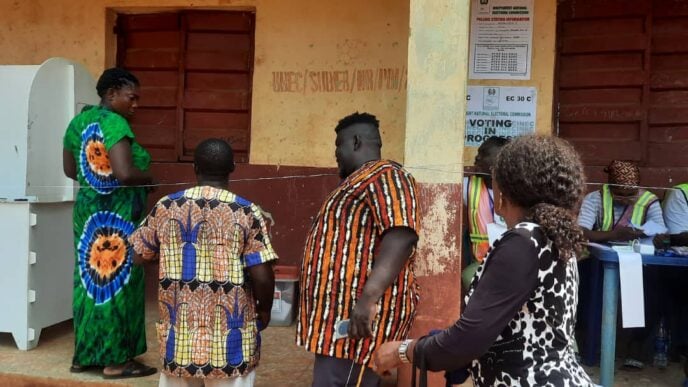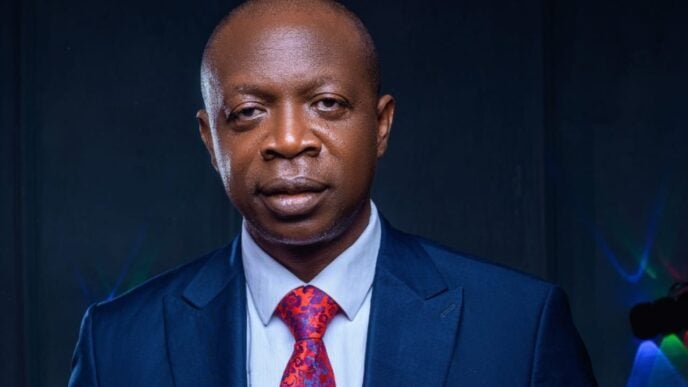President Bola Tinubu | File photo
The Public and Private Development Centre (PPDC) has asked President Bola Tinubu to declare a state of emergency in Nigeria’s correctional centres and courts, citing systemic decay and human rights violations across the justice sector.
Speaking during the access to justice parley 2025 held in Abuja on Thursday, Lucy Abagi, chief executive officer (CEO) of the PPDC, said the scale of dysfunction in the justice system has reached a crisis point, with over 70,000 Nigerians currently in correctional facilities — most of them awaiting trial.
Abagi described the situation as “a grave assault” on the constitutional rights of citizens, noting that many detainees may never appear before a judge or have access to legal representation.
“We are at a point where the president must declare a state of emergency in our correctional centres and courts,” she said.
Advertisement
Abagi said the justice system has been crippled by infrastructural deficits, lack of digital tools, and slow judicial processes.
The PPDC CEO lamented that more than 90 percent of Nigerian judges still record proceedings by hand, a practice she described as “embarrassing” in a digital era.
“From infrastructural deficits to the lack of digital systems in this age where countries are competing on innovations, AI and creativity, more than 90 percent of our courts and judges still write long lines using pen and paper, and cases drag for years because judgements cannot be delivered on time,” she added.
Advertisement
She also raised concerns over the deplorable conditions in correctional centres, saying the facilities neither reform inmates nor uphold their dignity.
Through PPDC’s interventions, Abagi said her organisation has introduced digital monitoring systems in 16 correctional centres across six states, including the federal capital territory (FCT), Adamawa, Kaduna, Plateau, Ebonyi, and Oyo.
The initiative, she added, provides solar-powered computers and internet connectivity to help track inmates’ welfare and court appearances.
Abagi disclosed that PPDC, working with university law clinics and pro bono lawyers, has helped stop over thousands of unlawful detentions through its police duty solicitor scheme.
Advertisement
She said through the reforming pretrial detention in Nigeria project (Phase II), PPDC has provided free legal representation to over 20,009 detainees, leading to the release of 8,552 individuals who had been unlawfully detained without trial.
However, she said the impact remains minimal compared to the scale of the problem.
“We’ve reached less than one percent of the courts in Nigeria,” she said.
Abagi urged the federal government to institutionalise digital justice systems in its budget rather than rely on donor-funded projects, warning that continued neglect would deepen the crisis in Nigeria’s justice delivery chain.
Advertisement
Addressing the theme of the conference, “Justice, security, and governance—A unified agenda for Nigeria’s sustainable development,” Dakas Dakas, CEO of the Nigerian Law Reform Commission, emphasised that sustainable development is impossible without a justice system that protects human rights and ensures equal access for all citizens.
Dakas called for deeper collaboration between government institutions, civil society, and the private sector to strengthen the rule of law and ensure that reforms translate into tangible benefits for ordinary Nigerians.
Advertisement
He noted that the commission is currently reviewing several laws to align them with international human rights standards and the evolving realities of the digital age.
He lauded PPDC’s digital justice innovations, describing them as a model for other African countries seeking to modernise their justice systems through data-driven tools and citizen-centred approaches.
Advertisement
Melissa Omena, who represented Muchaneta Mundopa, head of the justice, integrity, and health unit of the United Nations Office on Drugs and Crime (UNODC), praised PPDC’s leadership in advancing justice reforms in Nigeria.
“UNODC is proud to walk alongside Nigeria in strengthening justice, security, and governance—three pillars essential to sustainable development,” Omena said.
Advertisement
She commended Nigeria’s adoption of the UN Common Position on Incarceration, which promotes a shift from punitive to rehabilitative justice.
The parley brought together reformers, policymakers, and development partners.
